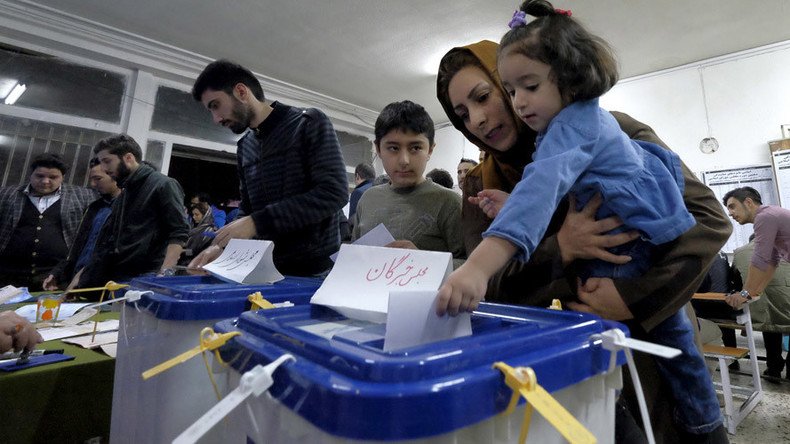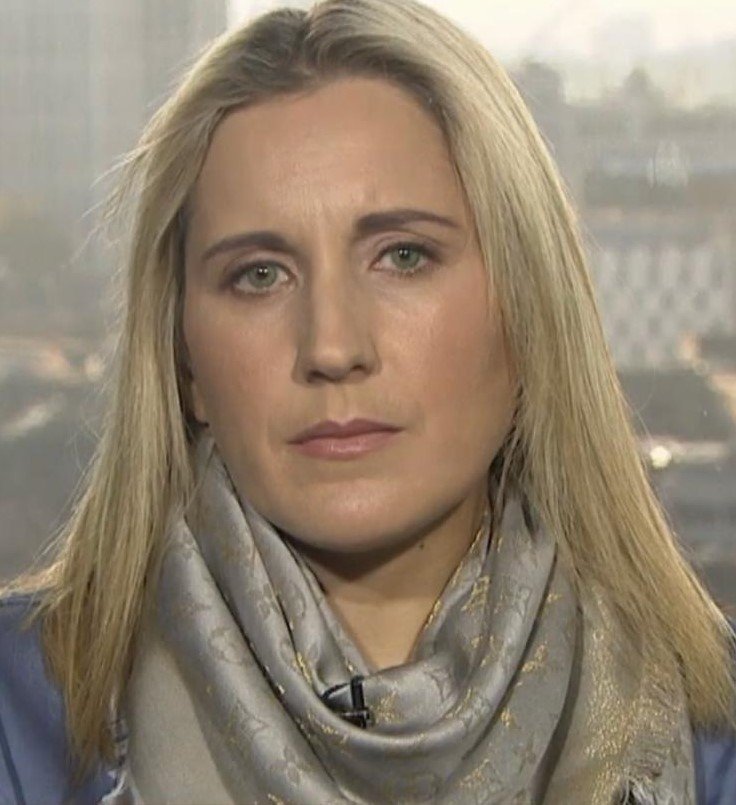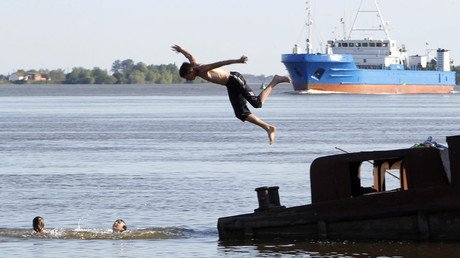Believe it or not, pluralistic democracy thriving in Iran

Forget the green movement, forget dissent, and calls for violence, Iranians today are expressing their yearning for change through the ballot box, confident that reforms will be debated, legislated and implemented in line with the general will.
Much can be said of the Islamic Republic’s resilience in the face of adversity, whether it be political, economic or ideological. Rooted in religious tradition, and a faith whose strength too few observers have bothered to recognize (for it disturbs their own sense of political righteousness, and I would say republican correctness), Iran stands as a mirror of its people – the alliance of the religious and the worldly, a covenant of sort in between divine law and man-made laws.
Whether Western capitals are willing to admit it or not, Iran stands a democracy - maybe not a perfect one (what nation could claim such a feat), but a democracy nevertheless; one which through the decades has proven a rampart against many great attacks, and many great machinations (Iraq, US sanctions, oil embargo, worldwide defamation… the list goes on).
History will certainly remember how the Iranian nation was robbed decades of freedom for colonialists imagined Iran’s riches belonged to the British Crown, and not its people. If not for the United Kingdom and the United States, Iran would have been spared the indignity of the Pahlavi House… hundreds and thousands of lives would have been spared the injustice of imperialism.
But just as it was born in resistance to Iran’s Islamic Republic, has endured and grew through it - so much so that not even deep economic sanctions could shake its foundations. Such has been Iran’s commitment to democracy. And while many might not agree with the path Iranians took, it looks as if most finally came to terms with it: It’s called pluralism, people. Try it on for size!
This February will likely be remembered as a historical moment for Iran’s democratic evolution as its people were called upon to elect both their next parliamentarians, and their Assembly of Experts.
While the Majlis (parliament) is responsible for passing the country’s legislation (every 4 years), the Assembly of Experts decide who will sit as Supreme Leader over the Islamic Republic (every 8 years).
Needless to say, to have both electoral cycles coalesce is rather significant, even more so in the light of Iran’s recent historical nuclear deal and its return to the international fold. No longer a pariah shun by world powers, Iran has been set to rise a titan over both Asia and the Middle East: a powerful ally, and a bridge builder between East and West.
Iran elections: Long lines as millions vote to 'increase dignity & disappoint enemies'https://t.co/6Klj5nBeDnpic.twitter.com/4CDZOz99Gw
— RT (@RT_com) February 26, 2016
But before I begin delving into the inner workings of Iran's political dynamics there is a point I would like to make clear, as misconceptions and misrepresentations continue to this day to darken people’s perception of Iran.
Iran has been gravely misunderstood, and I would say underestimated. Iran is more than just a nation, it is also a civilization with a history stretching across millennia – such cultural and political wealth should not be taken lightly. The Iranians are an old people, and a wise people. Their land and their history speaks as much of God as it does freedom and self-governance.
It is the marriage of those two traditions which Ayatollah Ruhollah Khomeini set out to manifest into a governing system in 1979, one the keeper of the other, both the expressions of a political wisdom Iranians chose to embrace and stand upon.
Today the Supreme Leader of Iran’s Islamic Republic stands not as a tyrant over a democratic parody, but a guide and a keeper of tradition. Sitting outside and over politics, the Supreme Leader has occupied a difficult place as his role has been to both safeguard and embrace those changes innate to any society. And while the affairs of the state might remain ultimately within the president’s hands, it is its faith Iran has entrusted to the Supreme Leader. Denying Iran’s politico-religious paradigm is missing a piece of this very Iranian puzzle.
Where most Western democracies have chosen to separate the state from the religious, Iran embraced both to imagine a new system, best fitted to its own sense of political self. And though many still turn their nose up in disgust - secularists have a tendency to do that at the mention of God; disdain will do little by way of change when popular will stands fast. Iran is the way it is because of and through the will of its people.
#IranVotes : Here’s the break down (Op-Ed by Pepe Escobar) https://t.co/LYhOgx4gazpic.twitter.com/4QH3mxWSfg
— RT (@RT_com) February 26, 2016
Let’s now go back to the order of the day: the double elections and what they entail for Iran’s future.
While Iran has a myriad of political outfits, two have been sitting on very vocal, and opposite end of the spectrum – this is not to say their political visions are antagonistic per se, only that they view change from different vantage points: the reformists and the principalists.
Reformists, as the name suggests, would like to fast-track Iran through economic reforms, to alleviate the negative effects sanctions have had on the economy, while allowing the country to embrace modernity.
Principalists are much more traditional in their views, and would like instead to cautiously implement change by fear; unfettered capitalism would debilitate Iran’s institutions from the inside out.
What do the Iranians say?
Iranians chose somewhere in the middle as it happens. If the capital Tehran spoke in favor of reformists, other provinces were more conservative in their choice, opting instead to stand the course with principalists in both bodies (Majlis and Assembly of Experts).
Candidates on the reformist list took all 30 parliamentary seats in the Tehran constituency, up from just two previously, final results released by Interior Minister Fazli showed.
Where to now?
“Forward” said Ayatollah Khamenei's press office. A keen observer, the Supreme Leader was first to congratulate Iranians for their high turnout (over 62 percent participation), noting how important it had been for the nation to stand united.
Very much a vote of confidence for President Rouhani, many experts believe the elections will allow for a smoother legislative process. “Rouhani will face less opposition in the Majlis than before,” said Sadegh Zibakalam, a professor of politics at Tehran University. “How much less we will have to wait and see,” he added.
In the midst of so much political chatter and the emergence of so many independent political voices Iran kept its composure, a credit I’d attribute to its institutions.
The statements, views and opinions expressed in this column are solely those of the author and do not necessarily represent those of RT.














